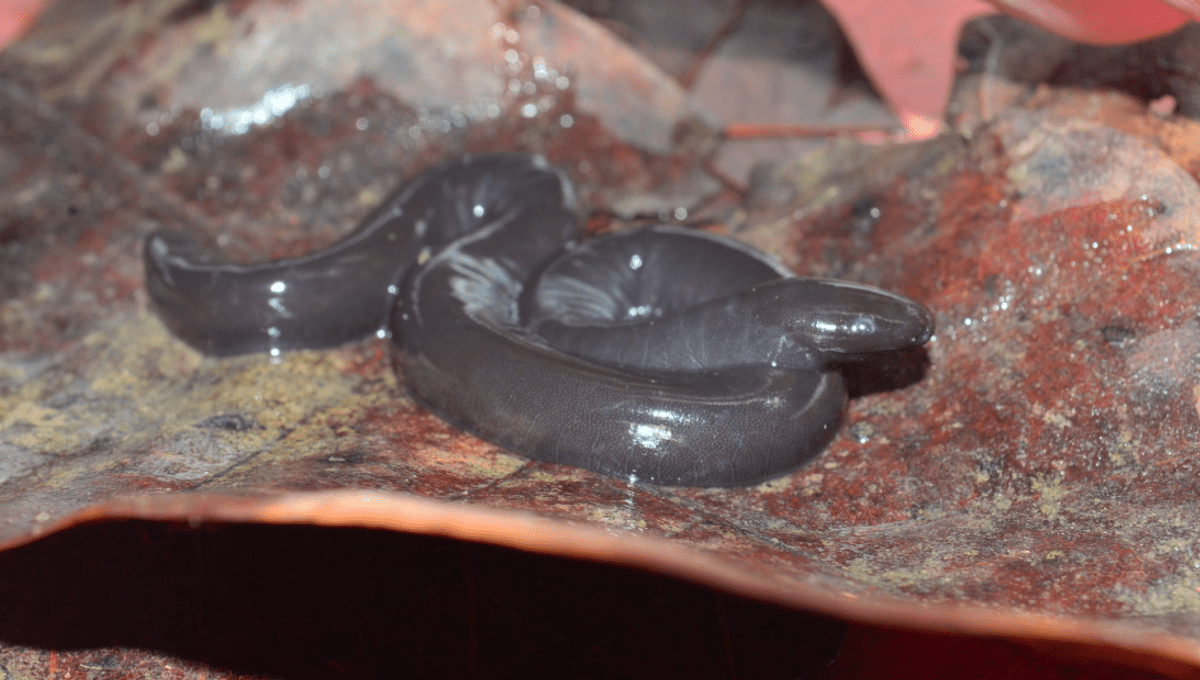
New vocal recordings have revealed that 53 species previously thought to be non-vocal do in fact make sounds. The noisemakers include wiggly caecilians, turtles, and fish. The fact they make their own sounds shows that acoustic communication could have first emerged in a shared ancestor around 407 million years ago.
As mouthy vertebrates, humans can appreciate the importance of communication – but exactly when vocalizations emerged has been somewhat understudied. To see if acoustic communication had a common and ancient evolutionary origin, researchers looked to the choanates: a group of aquatic or semi-aquatic animals with a mouth and nose setup that lets them breathe by sticking their nostrils out of water.
These snoot breathers were of interest because, unlike noisy crocodilians, frogs, birds, or mammals, these vertebrates have been left out of much acoustic research owing to the assumption that they’re non-vocal. The researchers on this new study suspected that might not necessarily be the case – and for 53 species, it turned out they were right.
Novel – and, if we’re being totally honest, hilarious – recordings demonstrate that these animals do indeed make sounds, even if they are a bit fart-like.
Of 106 species tested, 53 surprised the study team by showing themselves to make noise: the tuatara (Sphenodon punctatus), the South American lungfish (Lepidosiren paradoxa), a caecilian (Typhlonectes compressicauda), and 50 species of turtle.
Turtles were not only noisemakers across almost all of the species tested, but they were also found to make a wide range of vocalizations. Some species produced over 15 different kinds of calls which they used in different situations, including parental care.
These recordings were combined with phylogenetic trait reconstruction models to map backward into the tree of life and search for a shared ancestor among noise-making vertebrates. The trip down evolutionary memory lane took researchers 407 million years into the past to the Palaeozoic, where they found a common ancestor of all choanate vertebrates.
As well as supporting the hypothesis that the choanate vocalizations have an ancient and common evolutionary origin, the study highlights the need to fill gaps in research surrounding understudied species. The authors highlight that missing data shouldn’t be treated as evidence of absence when it comes to animal behavior and that the inclusion of key lineages is crucial during the sensitive study of ancestral trait research.
The study was published in Nature Communications.
Source Link: Thought Turtles And Caecilians Were Silent? New Audio Recordings Say Think Again